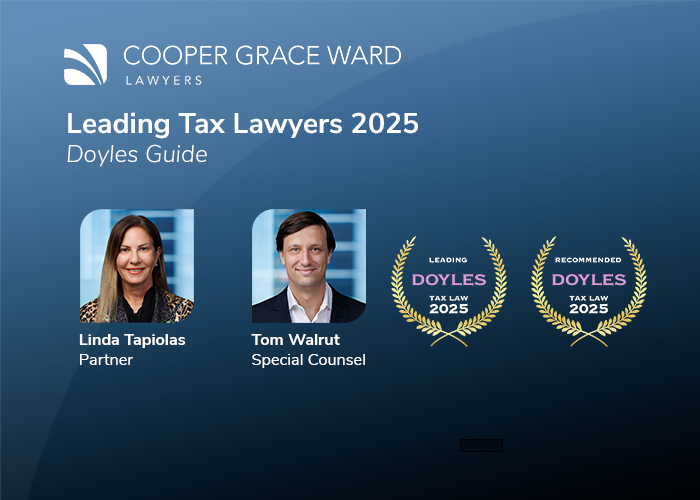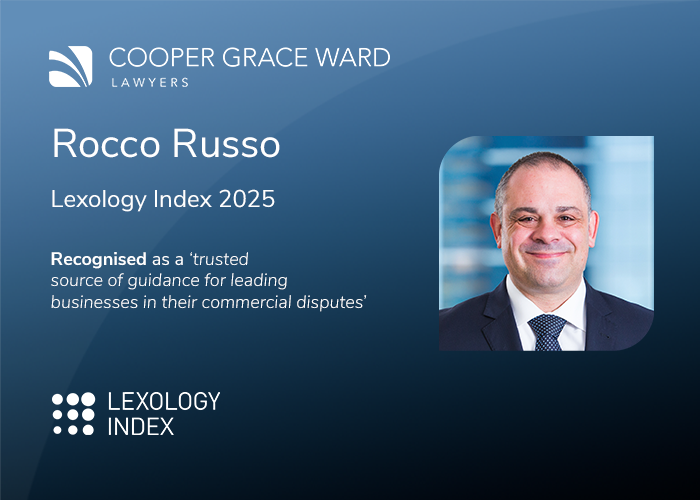The ATO has consistently accepted that ‘fixed entitlement’ is not a defined term for the purposes of the non-arm’s length income rule in section 295-550(4) of the Income Tax Assessment Act 1997. The ATO outlined their view in TR 2006/7, which provides that an SMSF will have a ‘fixed entitlement’ if the fund’s ‘entitlement to the distribution does not depend upon the exercise of the trustee’s or any other person’s discretion’.
In MH Ghali Superannuation Fund [2012] AATA 527, the ATO submitted that ‘fixed entitlement’ in section 295-550 did not have a defined meaning but the AAT disagreed and held that ‘fixed entitlement’ in section 295-550(4) has the same meaning as the defined term in the loss trust rules in Division 272 of Schedule 2F of the Income Tax Assessment Act 1936.
However, in a recent private ruling (authorisation number 1012585947911), the ATO changed its view and adopted the approach of the Administrative Appeals Tribunal in Ghali.
If the ATO maintains this view, distributions received by SMSFs from most (if not all) private unit trusts will be non-arm’s length income and taxed at the top marginal rate. Given the disproportionate tax consequences, all trust deeds for unit trusts that have superannuation funds as unitholders should be reviewed and amended as necessary.
For example, the ATO has previously indicated that a unit trust will not be a ‘fixed trust’ under the more stringent approach if:
- units can be issued or redeemed at a value that is not determined in accordance with applicable accounting standards
- the trustee has the power to distribute to disproportionately between unitholders (for example, to special unitholders);
- the trust deed can be amended without the unanimous consent of all unit holders.
Some other issues that also may cause a trust to not be a fixed trust include where the trustee:
- has the power to make gifts;
- can establish and support charitable organisations; and
- must distribute to unitholders in proportion to their unitholding where not all the unitholders have fully paid the issue price.
If you would like to discuss amending a unit trust deed to provide unit holders with a fixed entitlement, please contact a member of our team.







